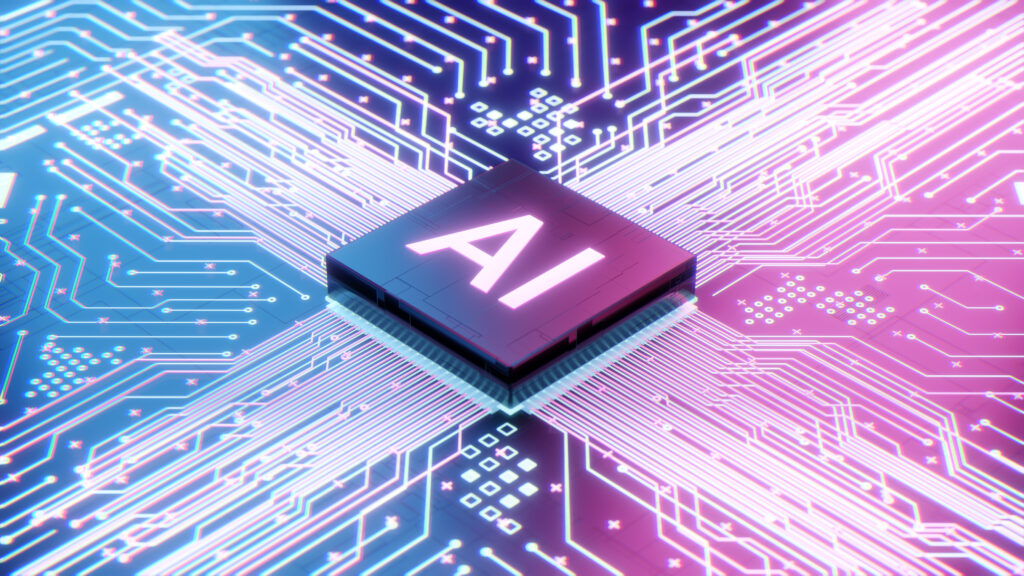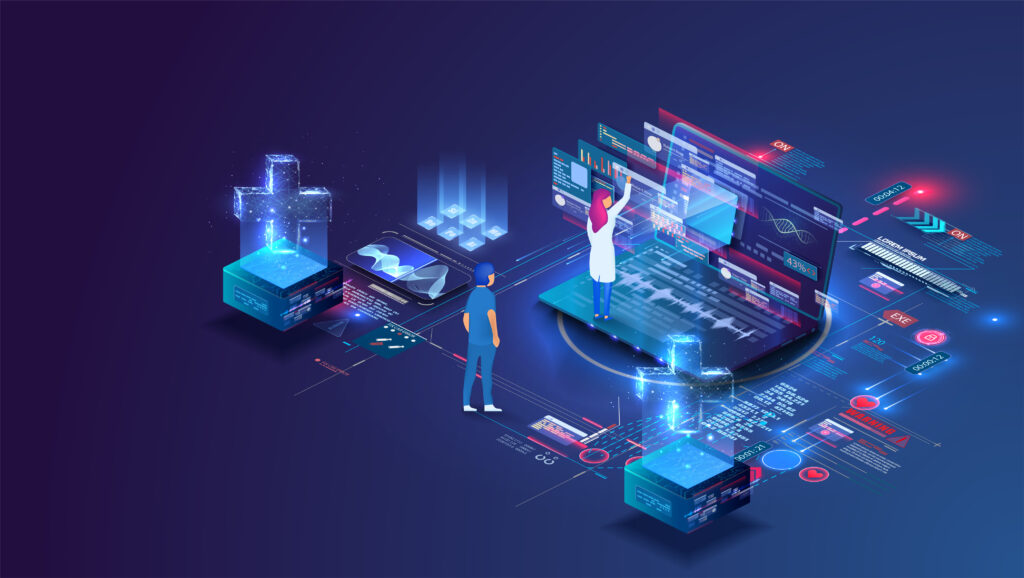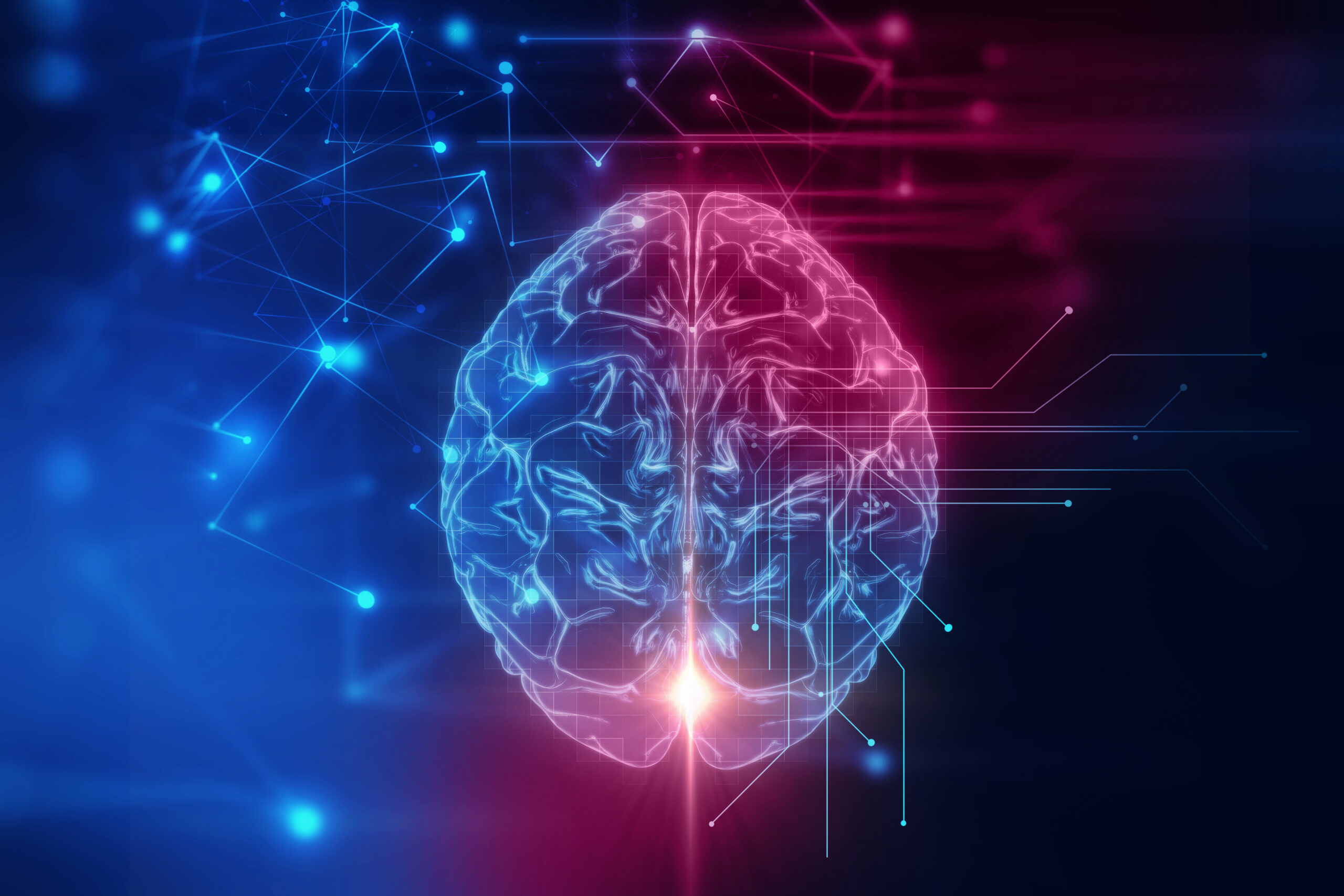Artificial Intelligence (AI) is changing how things operate in the healthcare world. No longer considered an overhyped buzzword, AI solutions in healthcare now serve as a basis for efficient clinical decision support and provide valuable insights into various conditions. As such, it shouldn’t come as much of a surprise that top providers and health systems have already taken steps to incorporate AI tools in their practices. In 2021, AI was worth around $11 billion worldwide in the healthcare market.
But what exactly are the use cases that have emerged from this advance? In this blog, we explore several of the best applications for AI within healthcare and shine some light on the future of patient care.
What is Artificial Intelligence?

In general terms, AI is a multidisciplinary field of not only computer science and psychology but also linguistics, philosophy, and other areas. It aims to enable machines to replicate tasks usually requiring human intelligence – setting it apart from traditional computing methods.
In his 2004 paper, John McCarthy, one of the founding fathers of AI, offers the following definition: It’s the engineering and science of making intelligent computer programs that go beyond biologically observable methods to understand human intelligence.
Weak AI vs. Strong AI
- Weak AI: From facial recognition software to smart home devices and virtual assistants like Siri or Alexa, weak AI or Artificial Narrow Intelligence (ANI) is powering an incredible breadth of applications that shape today’s digital world. ANI allows these solutions to be tailored and trained on specific tasks, allowing for an advanced level of automation and specialized solutions for complex problems in an ever-evolving world.
- Strong AI: Strong AI is poised to revolutionize the world in which we live, with Artificial Superintelligence (ASI) and Artificial General Intelligence (AGI) as its building blocks. AGI holds the potential for a machine to possess human-level intelligence, with self-awareness enabling it to learn while solving dilemmas and planning for the future. Meanwhile, ASI would take this intelligence even further by surpassing what we currently understand as human capabilities.
AI in Healthcare

AI is becoming an invaluable tool in the healthcare industry – one that will continue to grow in importance as technology advances at an exponential rate. As such, the global healthcare AI market is increasing at a 37% compound annual growth rate from 2022 to 2030, reaching an expected worth of almost $188 billion by 2030.
This rapid growth presents vast potential, and large healthcare organizations are leading the AI investment race, with 75% putting in more than $50 million. Mid-sized organizations, on the other hand, aim a bit lower – 95% investing less than that benchmark figure. Ultimately though, efficiency (34%), product and service improvement (27%), and cost savings (26%) remain the top priorities for these healthcare entities when utilizing AI technologies.
Healthcare AI Solutions & Use Cases

Delivering healthcare would no longer be the same. AI technologies, such as machine learning (ML), deep learning, and natural language processing, are in place to examine overwhelming amounts of data stored in health records and images, population data, claims data, and clinical trial data. Exploring these massive datasets in an automated manner can uncover hidden patterns and insights that would otherwise be strenuous, if not impossible, to detect by humans alone. Improvements in healthcare are thus more attainable than ever before.
Disease Detection and Diagnoses
AI provides medical practitioners with a powerful tool in their fight against disease and illness. While medical devices such as heart monitors provide essential information on vital signs, AI is taking diagnostic capabilities to a new level as it searches for complex conditions in data collected from those devices. Research has shown that AI-powered solutions can be just as effective as human experts at detecting signs of cancer, sepsis, and other conditions – helping streamline the workload for overburdened clinicians altogether. What’s more, the staggering amount of medical images required for diagnoses and monitoring is being made much more manageable by AI that detects important pieces of patient history efficiently, providing clinicians with what they need quickly and accurately.
In 2019, Mayo Clinic unveiled a cardiovascular AI screening tool that can detect risks of ventricular dysfunction with 93% accuracy – besting mammograms, typically at 85% reliability. Risk predictions from such technology assist clinicians in making data-driven decisions regarding subsequent tests and treatments.
Improved Patient Outcomes
Leveraging large amounts of unstructured and structured data from multiple sources, AI provides robust solutions for improved patient care. These solutions help scale processes and make treatments safer and more effective.
Answer Complex Medical Questions
Tech giants and custom AI development companies are investing in medical language model research to harness the full potential of generative AI tools. Meanwhile, more and more providers seek generative AI consulting services to stay ahead. Large language models like Google’s Med-PaLM 2 offer substantial benefits, including answering complex medical questions, facilitating informative, rich discussions, and finding insights in unstructured and complicated medical texts.
Minimized Safety Risks
AI can lighten the load on physicians and protect patients by recognizing medication errors beyond rule-based systems – those that would otherwise go undetected, all while reducing false positives and alert fatigue that cause physician burnout. This needed support thus enhances patient safety and reduces stress for health professionals.
In pursuit of detecting and preventing medication-related risks and errors, MedAware is implementing a patient safety platform with outlier detection mechanisms and advanced ML algorithms. The platform serves to flag conflicting medications that require further attention. In the records of 373,992 patients, it flagged 10,668 potential adverse drug events and errors with 92% accuracy.
Accelerated Scientific Discovery Processes
With AI in effect, healthcare organizations can discover promising new drug combinations and create better drug designs.
EVIDENS is Imagia’s platform that enables automated data labeling and segmenting to structure data gathered from health systems. Generating outcome-based structured information from unstructured patient data, EVIDENS scales up traditional processes of scientific discovery. Hospitals in the United States and Canada are using the platform to provide lung cancer patients with improved medical outcomes.
Increased Efficiencies
If increased productivity and optimized performance are crucial goals – which most likely are for health plan administrators and hospitals, AI can be a powerful asset. It ensures time-effective, cost-conscious utilization of resources, ultimately saving time and money.
Clinical Trial Efficiency
Clinical trials often require substantial time updating relevant datasets and matching patient outcomes with the appropriate medical codes. AI has provided a faster solution to these tasks: IBM Watson Health reported that 2 of its clients had seen a remarkable 70% decrease in their searches for medical codes thanks to AI use. Healthcare startups Abridge AI and Syntegra likewise use generative AI to write notes for doctors and generate realistic synthetic data for research, respectively.
Nonclinical Operations Efficiency:
AI-enabled solutions allow for cost and time savings through automated administrative tasks. By using ML to uncover patterns in data feeds, Olive AI Workforce solution determines processes and workflows suitable for optimization. It automates high-volume yet tedious administrative tasks, such as revenue cycle, in different functions of healthcare organizations. Up to now, Olive has processed over 250,000 charge corrections and finished more than 450,000 claim status checks.
These solutions can also tackle a challenge that health systems have encountered more and more since the pandemic began—planning and scheduling clinical staff rotation. With smart workforce management, operational constraints, such as specific equipment required, availability, skills, and the number of staff, are factored in.
Conversational AI, meanwhile, enhances customer experience. When a provider’s office isn’t open, AI chatbots offer around-the-clock support by giving patients resources and answering basic questions.
Fraud, Waste, and Abuse (FWA) Prevention
Safeguarding organizations against FWA activity is just as important as cost savings. And employing AI helps health systems stay one step ahead of any unethical or negligent behavior that could be damaging.
Prime Therapeutics is pinpointing FWA through an AI platform, wherein it identifies drug overutilization and links prescriptions to associated medical visits and diagnoses. Since mid-2018, the pharmacy benefit manager has saved $355 million in cost avoidance and recovered payments.]
DentaQuest, on the other hand, uses a ready-made analytics and data mining solution to highlight potential fraud cases among insurance claims. The solution examines over 50 potential fraud indicators and alerts when suspicion arises.
Barriers to AI Adoption in Healthcare

Amidst budget uncertainties, healthcare enterprises face complex stakeholder dynamics and regulatory constraints that impede the adoption of AI. While 76% of respondents reported budgetary fears as a contributing reason for their lack of investment in this area, privacy remains another consideration when introducing more sophisticated use cases into these organizations. As AI continues to expand, a factor impacting its growth is the creative solutions needed to adhere to HIPAA and other regulations.
Need help with implementing AI-powered solutions? Choose KMS Healthcare as your technology partner. A team of experienced developers can revolutionize research, testing, integration, and delivery. Contact KMS to learn more about our positioning as a top healthcare AI company & solutions provider.

